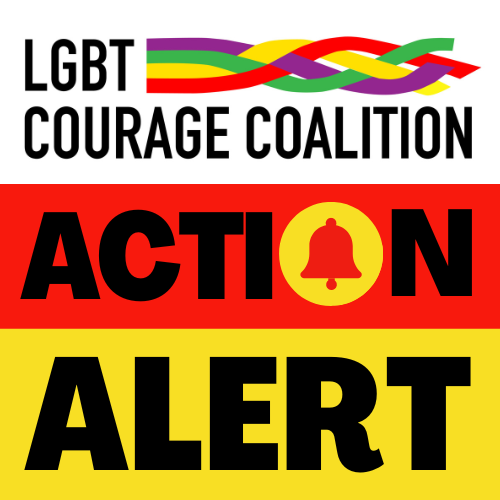The pressure on the World Health Organization continues to grow. On Monday, January 8th, the same day we released our press release, Transgender Health: WHO under fire from international critics, Reem Alsalem, the Special Rapporteur on Violence Against Women and Girls at the United Nations, sent a letter to the WHO. The letter can be read here, and was reported on by the Guardian here.
Per Alsalem’s tweet sharing her letter publicly, the letter focuses on concerns about 1) the short time frame for comments, 2) the composition of the guideline development group and 3) the approach to self-identification of gender identity. In the letter, her concerns about both the composition of the group and with the group’s approach to self-ID highlight issues pertaining to women, lesbian and gay individuals, and safe-guarding for children and adolescents.
Reem Alsalem has come under fire in the past for raising concerns about self-ID and its potential impacts on women and girls, specifically during the debate on the Gender Recognition Reform Bill in Scotland in 2022. See her letter regarding the GRR here.
Please join us in sending messages of support and gratitude to Reem Alsalem. Once again she has shown incredible courage to speak out on these issues, and call for both caution and the consideration of those who stand most to be harmed by the activist agenda of the current Guideline Development Group for the WHO.
It Takes Courage - Thank Reem Alsalem, the Special Rapporteur on Violence Against Women and Girls, United Nations
Please take a moment to write to Reem Alsalem and thank her for her courage in speaking out and raising concerns to the WHO.
Please send your email to: hrc-sr-vaw@un.org
You may read more about her and her position at the UN here.
Here is a sample of ideas for your letter:
1) Introduce yourself and share a little about yourself and your concern about this issue. For example, “My name is Jasmine, I am writing from the United States/Canada, and I am a mother, a lesbian, and a lifelong liberal, and I am concerned with the current practice of medical intervention for gender-distressed children and teens.”
2) Thank her for her letter and the concerns she has raised
3) Speak to any part of this issue where you are personally connected. For example, “I am personally connected to this issue as a mother of a trans-identified adolescent,” or “I am personally connected to this issue as a gay adult who was gender nonconforming as a child,” etc.
If you do send a thank you, please leave us a note in the comments! We would love to hear what you have shared.
Thank you!






Here is my letter:
Dear Ms Alsalem,
Thank you for your letter to the WHO and for the concerns it raises. I am grateful for your courage!
My name is First Name LastName, I am a mother, a lifelong progressive liberal, and I support the LGB community. But I am deeply concerned about the current practice of irreversible medical and surgical interventions for gender-distressed children, teens, and late adolescents.
I am personally connected to this issue as a bisexual adult who was gender nonconforming as a child and teen. I am lucky that I grew up during a time period where I was able to retain my body integrity and was not encouraged to burden it with hormones and surgical interventions. In my life I have been able to completely express my individual gender identity, behavior, dress, and appearance without having to resort to tampering with my healthy functioning body.
Gender distress is real, and gender non-conformity can and should be supported and validated but the current practice of medicalization and surgery is deeply wrong and harmful. There are new initiatives and emerging research that indicates many paths to recovery without these harmful interventions. Genspect (genspect.org) is one excellent example.
Thank you,
First Name Last Name
Massachusetts, USA
Thank you for calling this to our attention. Here's what I sent:
I am writing to thank you for your recent letter to Dr. Ghebreyesus regarding WHO's plans to develop guidelines on the health of trans and gender diverse people.
I am an American mother of a trans-identifying young adult and have seen up close the mental and physical health risks associated with both gender dysphoria and with medicalized "gender affirming care". My family has been deeply let down - and my child's health and well-being endangered permanently - by health professionals, therapists and by activists of the sort that WHO is intended to have on its "guideline development group". As you rightly insist, the "GDG" must include clinicians whose evidence-based research has arrived at different conclusions than those of the activist group members. Those clinicians' voices and research need to be amplified, for our children's safety.
You rightly also call out the WHO approach to self-ID and the risks WHO's approach poses to female-only spaces and women's and girls' rights and security. Thank you for restating that "a right to legal gender recognition does not imply a right to
unregulated self-identification of gender identity without appropriate safeguarding and risk assessment".
Thank you for continuing to speak out in support of women and girls and in support of children vulnerable to trans-activism, and trans-activist clinicians. I am deeply grateful for your work.